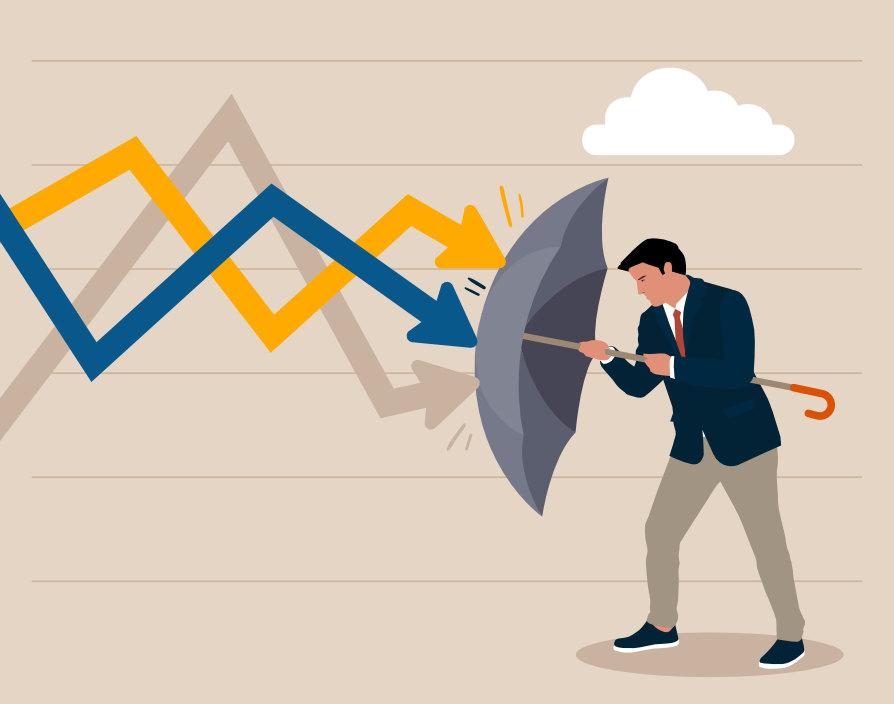Small businesses across the UK are facing a wave of rising costs, as inflation hits a 40-year high and bills for energy, goods and services increase. The end of the Government’s energy price cap on 31st March looks set to only increase this financial threat, with Experian analysis revealing a third of small businesses may not have enough cash to cover their costs from this point.
Experian analysed the finances of 1.16 million small businesses and forecast that 30% will become ‘at heightened risk’ – meaning they may not have enough cash to absorb the cost of energy – once the current price cap ends. It is vital that businesses act now to build the financial foundations that could help protect them.
While this is no doubt daunting for small business owners facing a number of unprecedented challenging circumstances, there are several steps they can take to equip themselves with the relevant knowledge and tools to ensure they step into April in the best possible position.
Protecting your cash flow
Having a thorough understanding of cashflow, including staying on top of both income and expenditure, while also maximising working capital, will be key to protecting small business finances.
Lenders will be looking for customers who have a proven track record of paying on time, and businesses should look to demonstrate this reliability. In comparison, late or non-payments could damage a business’ finances, having the adverse effect on their financial health.
Big suppliers can also play a vital role in helping smaller business with their cashflow by prioritising payments to them. An added threat to the viability of small businesses is that many are struggling to get paid quickly by their more significant customers.
If bigger firms are holding onto cash in case they need it for business-critical expenditure, small suppliers can struggle to manage their cashflow and pay their energy costs and other bills whilst awaiting payment. Small business owners must protect themselves against such squeezes by ensuring they implement legal agreements with customers and outline an action plan against late payers.
Give energy suppliers sufficient notice
If a business finds itself in a scenario where it is struggling to pay energy providers, it’s vital to make them aware of this as soon as possible. Most energy providers have customer service teams that are trained to help customers manage their accounts and find solutions to any financial difficulties they may be experiencing.
The alternative – ignoring the issue and failing to make payments on time – can have the opposite effect, leading to additional fees and, in some cases, disconnection of service. It’s also important to consider how late payments will impact a business’ credit score, which can in turn impact future application for loans. Don’t hesitate to reach out and ask for help if you need it.
Understanding your business credit score
Business credit scores are a useful tool to secure investment opportunities for small businesses, whilst also helping to manage cash flow. However, it’s sensible to pay more than the minimum amount required on credit cards and not use the full amount of credit available. This not only proves that the company isn’t solely reliant on credit, but also helps boost the company’s credit score and help to secure the best lending.
Small businesses can also use credit checks to spot the red flags when it comes to entering contracts with new suppliers. This can avoid years of chasing bad debt. But bear in mind it’s likely they’ll run one on you too, so there are also benefits to keeping yours in check.
In summary
In today’s economic climate, it is crucial for businesses to take all possible measures to safeguard their finances and position themselves strongly for potential changes in their financial situation, such as inflation or alterations in government support. Achieving this goal necessitates a proactive mindset and staying up-to-date with the latest developments, as well as implementing best practices for financial resilience. Building a solid foundation in this way will prove critical in weathering the impact of rising energy prices.
Share via:








































